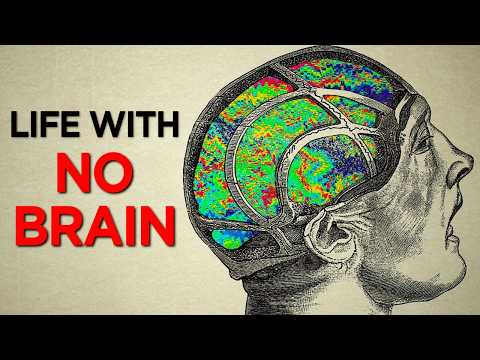
Has there been a time when you found yourself whispering to yourself in the kitchen, replaying a pretend chat under the shower, or loudly encouraging yourself during tough moments? Don’t worry; you aren’t alone—this is actually good for you! Research has explored these internal (or external) dialogues, and the findings are quite positive. Here’s why speaking aloud to yourself could very well be among your finest practices.
A resource for focus and analytical thinking
Studies have indicated that expressing our ideas aloud can enhance our capacity for solving problems. research headed by Gary Lupyan A psychologist from the University of Wisconsin-Madison discovered that individuals who verbalized their search criteria when viewing a sequence of photographs could find the targeted items more swiftly.The reason is that saying words out loud engages multiple regions of the brain at once, thereby strengthening neural pathways. Put simply, speaking to yourself aids in organizing your thoughts more effectively, and vocalizing the name of an item triggers a mental image, making it easier for you to navigate and understand your surroundings. concentration . Conversing with oneself can therefore serve as an actual Ariadne's thread to assist you in finding your way.
A partner for enhancing memory and staying organized
Saying your reading notes or to-do lists aloud is an excellent method for enhancing memory retention. Converting written data into sound aids the brain in processing and retaining details more effectively, making recollection simpler. Furthermore, articulating your thoughts assists in structuring your concepts systematically. When you clearly define your objectives and outline the necessary steps to reach them, it becomes easier to rank your tasks accordingly and make well-thought-out choices.An enhancement for motivation and managing stress
Beyond the cognitive aspect, talking to yourself plays a major role in emotional regulation. Ethan Kross, a professor of psychology at the University of Michigan, has shown that using the second and third person in our self-encouragement ( “You can do it!” , “You are capable!” ) can reduce anxiety And enhance our capabilities when faced with difficulties. Such self-talk enables us to detach from our feelings and view our thoughts objectively, offering a necessary separation from tense circumstances. This process helps us embrace a more logical perspective and reduces being overcome by stress, thereby supporting better emotional health.An approach to redirecting your negative thoughts
Our minds may occasionally resemble a blissful turmoil. Individuals burdened by an incessant influx of pessimistic ideas might find relief in speaking aloud, which acts as a regulatory technique. As stated by Gabrielle Morse, a therapist based in New York City, this method aids in soothing and tracking one’s thought process. When you express your thoughts verbally, they become simpler to scrutinize objectively, potentially reducing repetitive worrying patterns commonly linked with anxiety disorders.
So far from being an insignificant behavior or indicating mental health issues, speaking to oneself seems to be a normal and advantageous activity. Next time someone spots you conversing with yourself, don’t feel embarrassed. You’re just enhancing your thinking skills; quite impressive, huh? If anyone gives curious glances, grin and remark: "Science approves."



